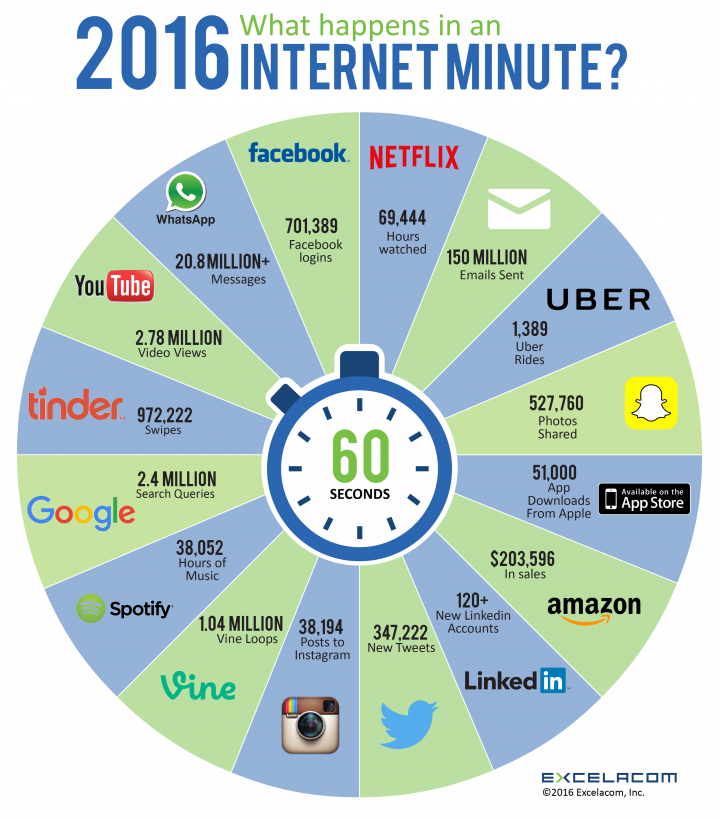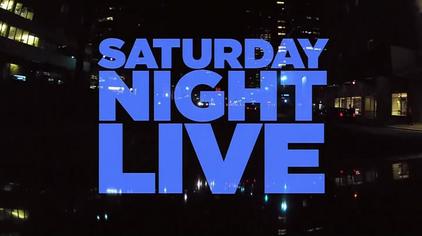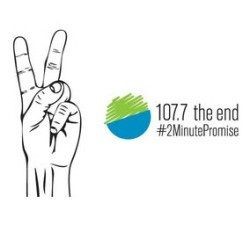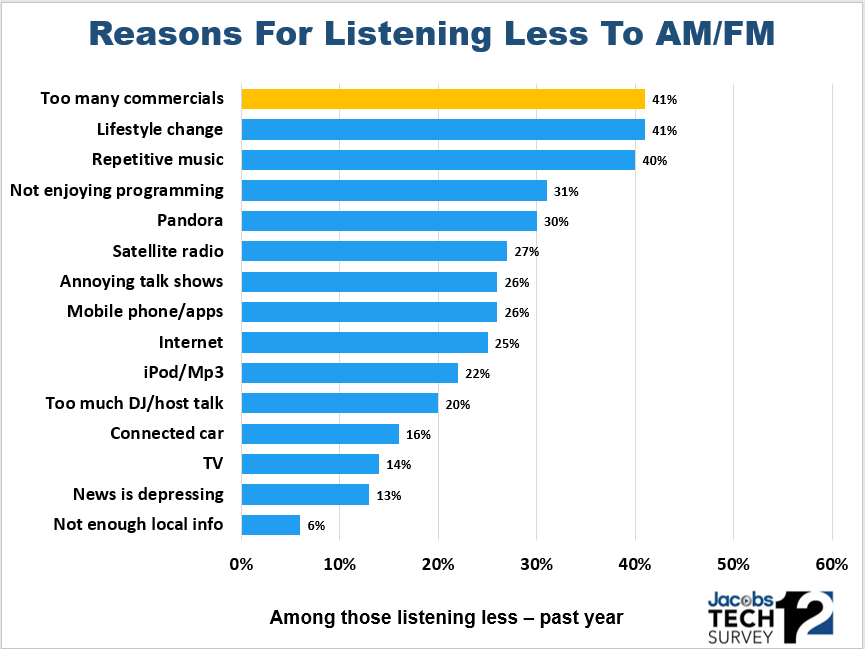
Last week, DMR’s Andrew Curran posted this clever graphic depicting the activities that occur during one minute of time on the Internet. It’s a fascinating look at how the web has changed our lives. From more than $200,000 in sales on Amazon to 2.4 million Google searches to nearly 1,400 Uber rides, our time is being filled up by new products, platforms, businesses, and enterprises, several of which weren’t even in existence a decade ago.
The funny thing is that the moment I saw this wheel of activity, I thought about what a minute on radio is like. Because chances are pretty good (better than 1 in 5) that radio is playing a commercial during any given minute. (And if you’re really unlucky, it’s an ad for 1-877 Kars-4-Kids.)
OK, so maybe that’s like comparing apples to grapefruits, but you get the point. While consumers are involved in so many new activities from online shopping to posting photos and photos to ride sharing, radio goes about its business in essentially the same, traditional way.
 That calculus has motivated NBC to rethink its advertising policy. Last week, they announced a restructure of “Saturday Night Live” that will amount to about a 30% reduction in advertising. According to Variety, similar conversations about a reduced spot load have taken place on “The Tonight Show” with Jimmy Fallon, as well “Late Night with Seth Myers.”
That calculus has motivated NBC to rethink its advertising policy. Last week, they announced a restructure of “Saturday Night Live” that will amount to about a 30% reduction in advertising. According to Variety, similar conversations about a reduced spot load have taken place on “The Tonight Show” with Jimmy Fallon, as well “Late Night with Seth Myers.”
Variety also notes that integrated ads are becoming more common in TV, citing TNT, A&E Networks, and Viacom, all thinking along these lines, trying harder to be provide a better experience up against their new competitors, like Netflix.
Radio has been slower to attend this party, although many broadcasters will tell you they’ve shaved inventory here and there. The best known and most radical solution has come from KNDD and their “Two Minute Promise.” The Entercom owned, Seattle-based Alternative station made the decision to slash inventory nearly two years ago. While a few other stations have hopped on, it has not become as popular as a new format, like Classic Hip-Hop or a sales algorithm, like programmatic buying.
For radio marketers, it’s more challenging to cut inventory and elevate rates in a lower demand/higher competitive environment. This is despite the fact that fewer spots and a cleaner listening experience provide benefits to both advertisers and of course Millennials, who tend to be most sensitive to radio’s commercial problem.
Interestingly in Seattle, The End’s ratings are  markedly higher since instituting “Two Minute Promise,” and many listeners say they’re now actually sitting through these shorter, more palatable two-minute stopsets. Why punch out when a song is just around the corner?
markedly higher since instituting “Two Minute Promise,” and many listeners say they’re now actually sitting through these shorter, more palatable two-minute stopsets. Why punch out when a song is just around the corner?
There is still an ongoing debate in radio circles as to whether commercial load is, in fact, a problem at all. Some research studies have indicated that many consumers sit through radio ads. I would suggest to those who are using big data to prove the point that radio’s fixation on commercials is a minor speed bump to conduct a couple of focus groups. You’ll get an earful about the quantity and quality of radio commercials. (The same thing is true with commercial television.)
In the larger context of the media world where the user experience is highly considered, radio’s listening landscape suffers in comparison, especially to satellite radio and pure-plays.
That’s part of what is motivating television to rethink its advertising experience. When you’re watching HBO, Netflix, or Hulu, a switch back to NBC, CBS, ABC, or Fox can be a jarring and unpleasant experience.
Of course, addiction counselors will tell you the first step in addressing a problem is admitting you have one. For broadcast media, there’s been a lot of denial, going all the way to the early days of consolidation. Mel Karmazin and Infinity Broadcasting may have led the way to overblown spot loads back in the ‘90s, and the industry is still trying to recover. .
Once the rest of the commercial radio industry hopped on the train that essentially obliterated commercial limit policies in order to achieve the overriding goal of “hitting budget,” all bets were off. Even today, many PDs are not alerted to those extra spots that were either quietly inserted by the traffic department or sneakily written on the commercial log by an overzealous sales manager. They only find out by listening to their own station or getting tipped off by one of the jocks. And it’s become a dumb career move for most programmers to even mildly protest this activity for fear of being branded as a manager who just doesn’t get it.
Make no mistake about it, commercials are a problem for radio. Techsurvey12 – a massive web study conducted among largely radio fans provides a resounding reminder. While only 10% of the overall sample report listening to less radio in the past years, isolating those respondents tells a familiar story about where commercial radio falls short:

Yes, repetitive music and even competitors like Pandora and satellite radio are erosive factors. But sitting right there at the top is that all too familiar refrain of “too many commercials.” For radio, adding units has become standard practice. And over time, a unit here, a unit there, a live read here, a live read there – and the next thing you know, the spot load and what’s left of a commercial policy zoom out of control.
Former Cox chieftain Bob Neal used to refer to this phenomenon as a “fungus” where commercial interruptions find a way of organically growing. Whatever you call it, creeping commercialization has become a serious habit for many stations and the companies that own them.
Rocker, entrepreneur, and philosopher Nikki Sixx perhaps said it best (and he should know):
“Addiction is a really hard thing to kick.”
- What To Do If Your Radio Station Goes Through A Midlife Crisis - April 25, 2025
- A 2020 Lesson?It Could All Be Gone In A Flash - April 24, 2025
- How AI Can Give Radio Personalities More…PERSONALITY - April 23, 2025




Super important, Fred – and that chart is so instructive. As a voice/over talent I do more and more industrials and internet spots, but my heart will always be in radio. As a father, my two millennials, who love music, don’t listen to the radio. As an educator for the last 25+ years I have witnessed a seismic shift in teen and 20-something attitudes on this subject. Personally, I love commercials, as they are opportunities for creativity and commerce to meet. I cannot believe that the best the industry can offer is a sales assistant saying “Sullivan lumber” between songs. But understanding the younger demos and how they see things cannot be gleaned by endless “testing.” Have an ear to the ground, have a staff that lives the lifestyle, goes out and is active – that leads rather than follows. Where is the army of interns? They don’t come to your door like they used to, and I work with these students every day. Like your chart shows, you gotta fight for these listeners. Low salaries and part-time only status tell potential employees to go elsewhere as well – what you give is what you get.
Strong comment, Tai. Thanks for adding to the conversation.
If you live commercials, you’re part of the problem.
The commercial problem is a two-sided coin: too many spots and too many of them suck.
Until both sides are addressed, the listener drain will continue. Imagine if a station had the stones to vet ads for quality. Let thePD reject crappy creative. Tell your listeners that “even the ads are worth listening to” on our station. Tune the creative in the same way you select songs.
Jerry Lee would love your comment, Tim. It is both a quantity and quality problem. Thanks for chiming in.
Thanks for the props Fred! We have seen unprecedented support from our listeners regarding the KNDD #2MP. Advertisers are noticing too, although it’s not a panacea. We still have to work hard to be noticed. The bigger issue, which you aptly point out, is our industry (as a whole) have lost our cojones when it comes to pricing and inventory management. Somewhere in the past eight to ten years we crossed the line on the balance between great radio and the need to hit budget.
Spot on, Jack. Thanks for taking the lead on this. It’s an arduous task to innovate in radio, and you and your staff have done it masterfully. Congrats for leading the way.
What’s radio’s problem? When someone steps out, tries something, it works, it doesn’t don’t even experiment with it. Radio knows it has a spot load problem, knows it has competitors that are taking audience away in part because of lower spot loads, has a test case where lower loads have led to higher ratings and sales managers continue to write extra spots on the log. There it is – radio’s version of Marco Rubio’s 25 second memorized speech.
Note to sales managers – when you have enough demand to need to write in more spots on the log, you also have the option of raising rates.
Bob, it’s Econ 101 – supply and demand. Thanks for the reminder.
Radio has no one to blame but itself for it’s ever diminishing numbers. Management is short sighted and usually has interest in anything but the “bottom line.”
I was on the air at WRDR-RM in South Jersey for many years and managed to be very successful. One of the way I did that was be delivering effective and appealing ad-lib commercials. My listeners came believe what i was telling them in a “spot.” It was as though i was making a sincere suggestion to them rather than a sales pitch.
Here’s an example of how greedy management was at the station: The finest complement that can be paid to a personality is to have a business contact the station and request a salesman speak with them only if that particular personality does their commercial. I had that happen. Cento, one of the countries finest producers of Italian foods owner, the big man, called the station and did just that. I was invited to Cento’s huge warehouse met the owner who presented me with about$300 in various Italian foods and began endorsing them with a very personal touch. So what di management do, Congratulate me? Hardly. I also hosted a live show broadcast called “Friday night with Frank” from Smithville Inn, in, you guessed it. management quickly decide that they would pitch Cento on the idea of being on the show at an incredibly high rate. It never happened. Cento’s owner happened to also be a very astute business person and promptly cancelled.
Therein is an example of the way radio management shoots itself in the foot. It was short sighted careless behavior without regard to the client and me.
This is just one personal example of why radio is failing-short sighted, non-creative management. Rather than listen to what listeners complain most about-too many commercial and reduce their number, the prefer to look elsewhere for a solution. Their argument would go this way: we can’t reduce the number of spots because that reduces the bottom line. Dumb. How about this: drop the number by whatever is necessary to stop the bleeding and be honest with the sponsors by telling them that their cost is going up slightly so that their commercials may be more effective. And mean every word. Have sales persons really sell the idea, convincingly and with conviction and sincerity. radio was never recognized as being more than a “cat house “run by whores. It was always easy to get a better price by “negotiating” and once the sponsor new that, credibility went out the window.
Radio’s plight is not new nor is it unique. Virtually all business are bottom line based with very few genially concerned with product improvement. The unfortunate aspect of this is that it’s so counter productive. product improvement is appreciated by consumers and reveals itself in increased sales. What I’ve just related is just one incident is only one of many such reasons why radio is all but a thing of the past. With so much music available via the internet listener ship will continue to diminish. No need for sadness however. Oh the loss of some very talented on-air personalities will sincerely be felt, but ,like any other failing business it will simply be written off.
Joe Tursi a.k.a.
Geno !
Ron Soldanohere!
Your ad lib. commercials were the absolute best on WRDR !
I learned so much from you I miss the days of the three minute infomercials you and I would do talking about my real estate practice it was absolutely the best brought me in a lot of business and all you say is true about what radio has morphed into too bad so much of the radio industry has changed and not for the better.
Joe Tursi!!!! Gene Packard!!!! This is Steve Lamanna You were always the greatest and I’m sure you still are!!! I can’t find you anywhere! If you get this, please reach out to me from wherever you are.